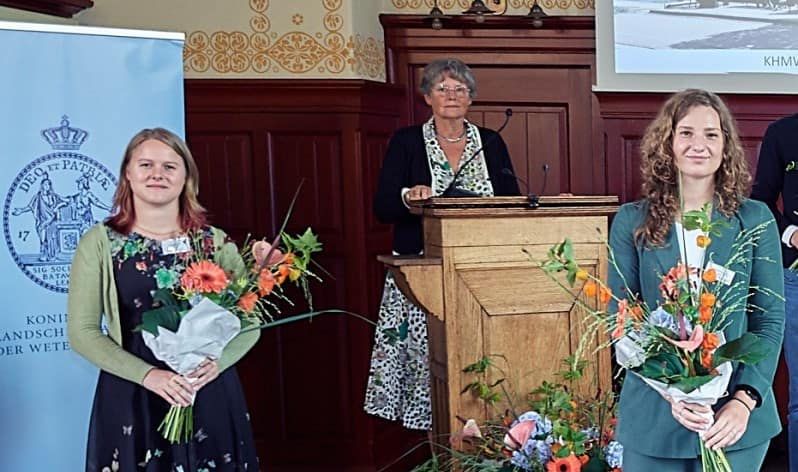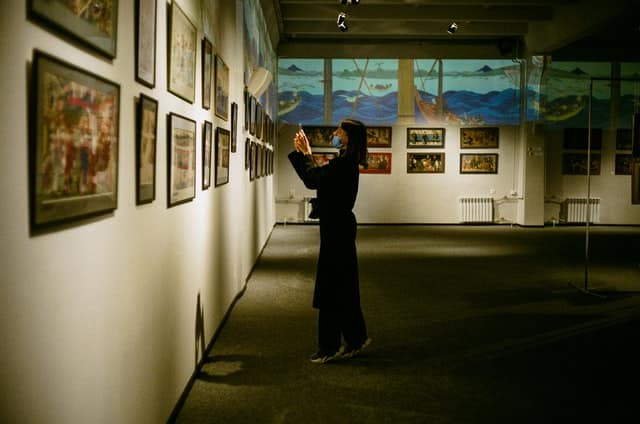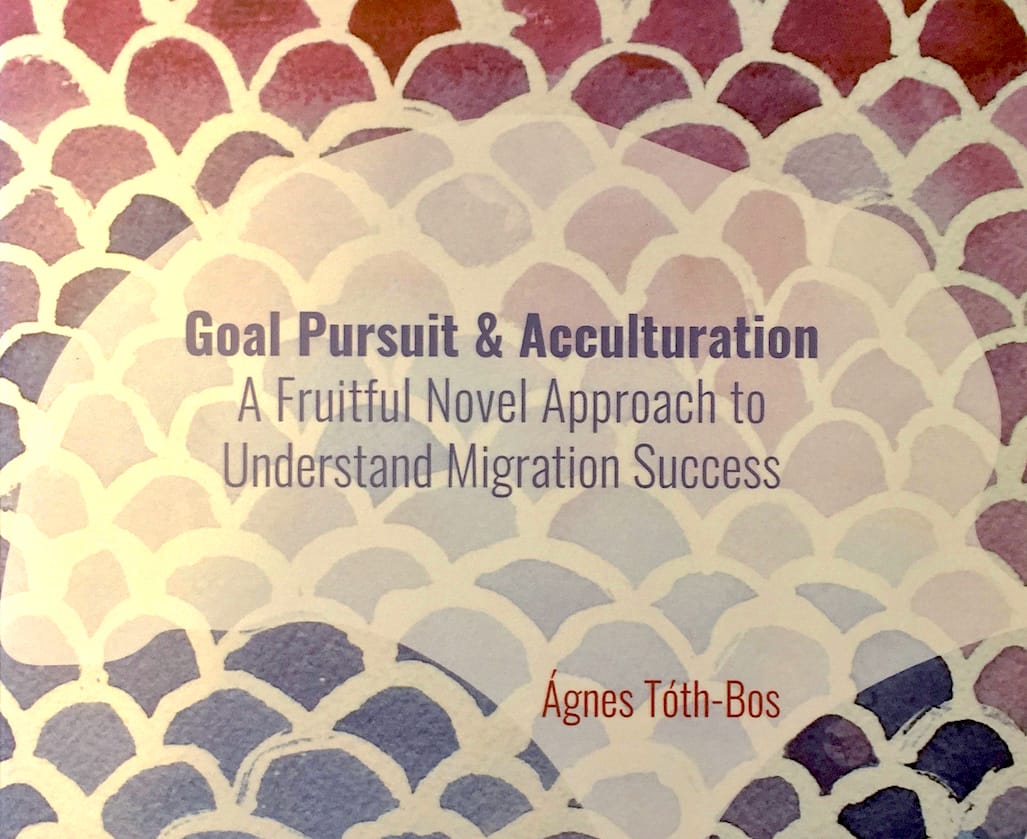“I am 30 years old, and I will finish my Ph.D in organizational psychology this summer. You can imagine that people frequently ask me about my career plans. Depending on the situation, I tell them different things. But the truth is: I have absolutely no clue!” Close to the finishing line of her PhD, Anne-Kathrin Kleine shares her view on career goals.
A research team from the University of Groningen explored a methodology to measure and quantify the experience of physical and virtual art installations in a real-life environment – an internationally renowned exhibition venue for contemporary art, the Frankfurter Kunstverein.
The average person does not exist, yet we are still working with (group) averages in our daily lives. What limitations does this pose to individual development and what price are we paying, especially in high-performing domains like elite sports?
In this post, Justin invites the readers to lose their perspective as individuals to understand the basic concepts of complexity science in the reality we inhabit.
The Jan Brouwer Scriptieprijs is awarded every year by the Koninklijke Hollandsche Maatschappij der Wetenschappen (the Royal Holland Society of Sciences and Humanities) to recognize the best master thesis in the country across eight categories. Last year, two students from the Heymans Institute captured both of the awards that relate to our interests: Chantal D’Amore […]
The coronavirus catapulted us into a digital society even more rapidly than we expected. The desire and need for art as a language for shared feelings of chaos, loneliness, and hope are partially fulfilled using digital technologies and media. Yet, Gemma Schino wonders: how close are digital art experiences to the live art ones?
This post introduces the concept of Linguistic Bodies, the analysis of expressive writing from complexity science, and how it can be linked to Personality and Depression.
More and more people oppose the coronavirus measures, because they perceive them as threatening their autonomy. In this post, Anne-Kathrin Kleine explains how people’s sense of autonomy may be protected. The goals and stakes are clear: we want to stop the virus without running the risk of emerging from the crisis as a divided society.
The pandemic and self-isolation can help us to reflect on relevant topics. The post reflects on the experience of a PhD student being far away from her homeland during COVID-19 outbreak, the equilibrium between solitude and interpersonal relationships, highlighting the relevance of social interactions in the development and construction of ourselves.
It is sometimes said that migrants should work on their acculturation in the host country in order to realize their goals. In her PhD dissertation, which she succesfully defended last November, Ágnes Tóth argues that this relation may actually work the other way around.










